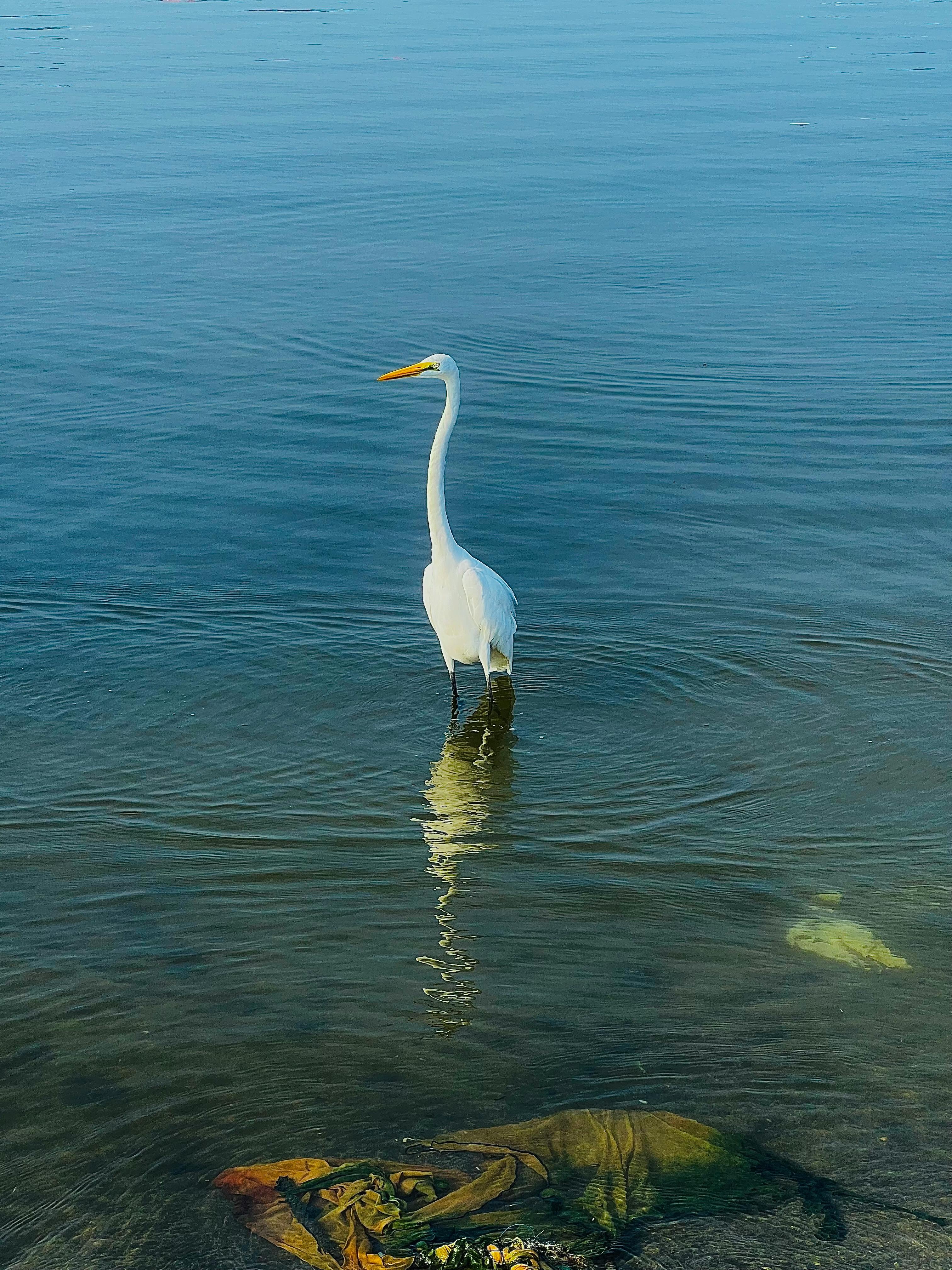Effective Kidney Stone Diet Chart for Optimal Health in 2025

Essential Guide to Kidney Stone Diets for Optimal Health
Managing kidney stones effectively involves understanding the intricate relationship between diet and kidney health. A well-planned kidney stone diet not only aims to prevent the formation of new stones but also supports overall kidney function. Understanding dietary recommendations for kidney stones can lead to beneficial changes that improve health outcomes.
Kidney stones form from various factors, including diet, hydration levels, and lifestyle choices. Thus, incorporating foods for kidney stones into a daily routine can significantly lower the risk of recurrence. This article will provide you with an informative diet plan for kidney stones, focusing on the best foods, hydration strategies, and practical meal ideas to promote kidney health in 2025.
The upcoming sections will cover detailed dietary guidelines and insights into alkalinity and hydration, ensuring you understand how to make effective dietary changes. You'll also find accessible examples of meals for kidney stones and recommendations to help you adapt to this crucial phase of your health journey.
Understanding Kidney Stone Formation and Nutrition
Kidney stones can occur due to various dietary choices and body conditions. It’s important to learn how specific foods impact this common health issue. The primary types of stones include calcium oxalate, uric acid, and cystine stones, each influenced by different dietary components.
Role of Diet in Stone Formation
The diet plays a critical role in both the risk of stone formation and their prevention. Understanding how different foods affect your body can help in managing kidney stone symptoms effectively. For instance, foods high in oxalates, such as spinach and beets, can contribute to calcium oxalate stones. By being aware of this, you can make informed choices, such as reducing oxalate-rich foods.
Hydration's Impact on Kidney Health
Staying well-hydrated is one of the best strategies for preventing kidney stones. High fluid intake dilutes substances in urine that lead to stones. Aim for at least 2-3 liters of water per day, adjusted for individual needs. Incorporating kidney-friendly beverages like lemon water can also help maintain optimal hydration levels and alkalinity.
Understanding Urine pH and Its Importance
The pH level of urine can influence the formation of different types of stones. A more alkaline urine can help dissolve uric acid stones and may prevent new stones from forming. Incorporating alkaline foods such as fruits and vegetables may provide a dual benefit of enhanced nutrition and better urine pH balance.
Effective Dietary Recommendations for Kidney Stone Management
Choosing the right foods and understanding dietary restrictions for kidney stones can be beneficial in managing and preventing stones. Below are some outlined recommendations to consider in your daily meal planning.
Best Foods for Kidney Stones
Incorporating a variety of kidney-friendly foods can support optimal kidney health. Emphasize fruits like berries, melons, and citrus, which are not only hydrating but also packed with vital nutrients. Vegetables, especially leafy greens and cruciferous options, should also make up a significant portion of your diet.
Calcium and Oxalate Considerations
Many may fear consuming calcium, believing it contributes to stone formation. However, adequate calcium intake is essential for preventing stones, particularly when paired with oxalate-rich foods, as it binds oxalates in the gut. Opt for low-fat dairy or fortified plant-based alternatives as part of your calcium oxalate diet.
Importance of Potassium and Magnesium
These minerals play a significant role in preventing kidney stones. Foods rich in potassium, such as bananas and avocados, help balance sodium levels, which can reduce stone risk. Similarly, magnesium-rich foods help prevent stone formation and can be easily included in meals through nuts, seeds, and whole grains.
Meal Planning and Preparation for Kidney Stones
Adopting a structured kidney stone management diet truly begins with meal planning. By organizing meals ahead of time, you can control your nutritional intake more effectively, ensuring you're incorporating all necessary food groups.
Building Balanced Meals
Balancing meals involves mixing various food groups to provide your body with necessary nutrients while minimizing kidney stone risk. An example could be pairing a protein source like grilled chicken with whole grains and a side of steamed vegetables, ensuring your plate is not only colorful but also nutritionally rich.
Monitoring Sodium and Sugar Intake
Reducing sodium intake can greatly contribute to kidney health, as high sodium levels can lead to increased calcium in urine. Opt for fresh, whole foods instead of processed varieties, which often contain hidden salts. Additionally, keeping sugar intake in check is critical; excessive sugar can contribute to stone formation.
Incorporating Snacks Wisely
Healthy snacking can provide additional nutrients while keeping cravings at bay. Choose healthy options like fruits, nuts, and yogurt that support kidney health and help maintain hydration levels throughout the day.
Frequently Asked Questions About Kidney Stone Diets
What can I eat to prevent kidney stones?
A well-rounded diet comprising fruits, vegetables, whole grains, and adequate hydration can help prevent kidney stones. Incorporate calcium-rich foods while being mindful of oxalate levels.
Are there specific foods to avoid with kidney stones?
Yes, avoid high-oxalate foods such as spinach, rhubarb, and nuts if you are prone to calcium oxalate stones. Additionally, limit animal protein and foods high in sodium.
Can hydration really help with kidney stone prevention?
Absolutely! Maintaining adequate hydration dilutes urine components that lead to stone formation, significantly lowering your risk of recurrence.
Conclusion: Fostering Kidney Health Through Diet
Emphasizing a balanced kidney stone diet is vital to not just surviving but thriving after dealing with kidney stones. Tailoring your meals with the provided dietary guidelines and hydration strategies can make a significant difference in your health trajectory. Remember, consistency is key, and engaging with healthcare providers for individualized advice can enhance your kidney stone prevention strategies.
By adopting these practices, you are taking proactive steps towards optimal kidney health and ensuring a healthier future. Remember to always consult a healthcare professional for tailored dietary advice.